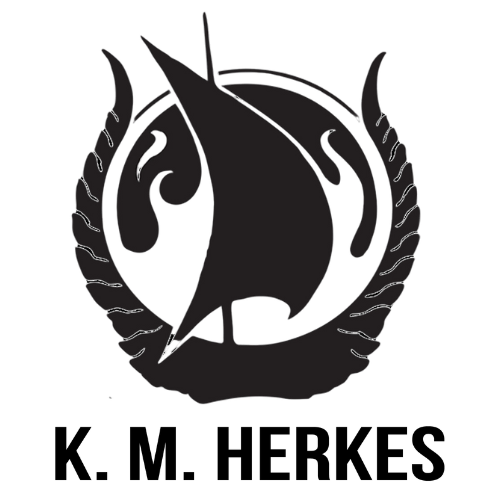I don't need another hero
I started thinking about the main characters of my assorted works recently, after reading a couple of posts elsewhere concerning Mary Sue wish fulfillment characters and the social impact of protagonists in stories.
I want to make this post a useful one, full of thoughtful points about creating interesting, engaging characters, but this is a personal space for me. I'll splat out my thoughts out willy-nilly. How useful they are as Professional Advice -- that part I will leave up to you, the reader.The principal character in a fictional narrative is its protagonist. The nature, the soul, the character, so to speak, of that main character are irrelevant. Most lines? Most page time? Most relevance to the plot? Protagonist.
They can be heroines,* antiheroes or even villains. Many of the best protagonists who tread along the knife's edge between classifications. Maleficent? Vindictive kidnapper and destructive hater, loving foster mother. Thomas Covenant? Rapist, coward, savior of the world. When all is said and done, however, traditional heroines are by far the most popular genre protagonists.
What make a heroine heroic? The list of positive traits is tl;dr, but here's a short sampling: strong, swift, beautiful, brave, confident, caring, loyal, devout, and determined. Pick any three of those traits, and a protagonist might as well also carry a sign that says "I can haz heroism." (Yes, I spend too much time surfing Lolcats. Deal with it.)
When it comes to wish-fulfillment--for the reader, if not the author--who wouldn't want to be a heroine?Perfection gets boring, so writers often hang disadvantages on their heroic protagonists, to "make them more human." Here's where things gets uncomfortable for me. Like an applicant at a job interview, a lot of writing takes other heroic traits and spins them as weaknesses. Determination is stubbornness. Beauty is coupled with vanity, confidence with arrogance, etc.
It feels like cheating, to me.
I like my protagonists truly broken. Look at this list: a bossy administrative assistant with zero ambition. A bullied, timid child of the underclass who cannot organize a sock drawer. An arrogant intellectual who's losing his mind. A feckless genius who's too intellectually lazy to find a job until one falls into his lap. A couple of marginally stable violence-addicts. The closest to traditional heroes I've ever created are a pair of dedicated law enforcement agents--and they're dedicated to upholding the rule of an intrusive, suppressive government.
I'm even less comfortable with the way heroic protagonists in a lot of current genre fiction act in ways that would be criminal if they lived in the real world. Backstabbing, bullying, abuse, torture, and murder are all condoned as long as the victim is a bad guy. All's fair in love and war is a common heroic trope. It's also a dangerous one. It perturbs me deeply.Protagonists should never be given a pass on morality simply because they wear the mantle of heroism.
The popularity of this trend is terrifying when you consider how narrative stories shape our perspectives on the real world. Two wrongs don't make a right. Evil is not a simple thing. Breaking the system to save it doesn't work. I think that if a writer decides to create a heroic protagonist, then the heroine should act like one. When faced with moral choices, she may stumble and err during the course of her journey, but in the end, she should do the right thing.
If that idea does not appeal, remember that heroism isn't necessary to creating a great story. The Chronicles of Thomas Covenant were international bestsellers. Thomas is an antihero to the core. (I loathed those books, if anyone cares, and several friends regularly wax poetic on their disgust for the character. To which I point out, there's fiction for everyone.)
I don't write heroes. All my protagonists are riddled with real imperfections. Some of their actions are decidedly unheroic. A lot of them do bad things. On review, I'm relieved to note that I also deliver personal, permanent consequences.
None of my protagonists commit violence without emotional scarring, and if they escape prosecution or social condemnation, it's through realistic means. People with financial clout, political influence and powerful allies seldom see the inside of a courtroom, no matter how heinous their acts. (I didn't plan it that way. Thank you, subconscious, for having my back, hypocrisy-wise. Lesson learned.)
Every so often when writing, it's worth asking, are my protagonists heroic? Are they behaving like heroes? Those two questions probably should be asked before embarking on any story. They absolutely will be answered before the story is finished, whether it's done consciously or not. The images and associations that travel along with heroism are not neutral. If a heroine does things that are illegal, unethical, and immoral, there should be consequences. Think it through. Your stories will be more powerful for the analysis.
*Yeah, I did a gendering thing. There's a reason. If the conceit irritates you, I suggest you examine the reason that considering heroes feminine rubs you wrong.

